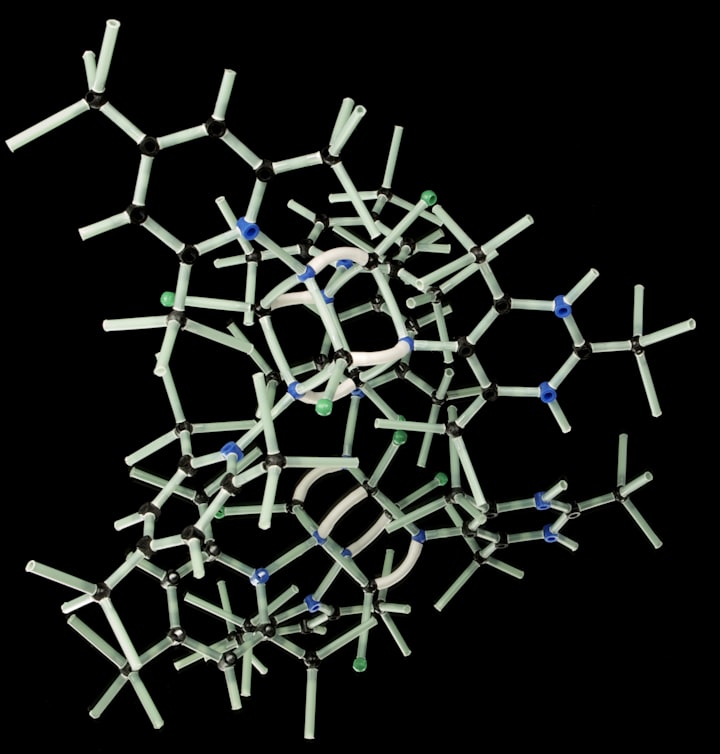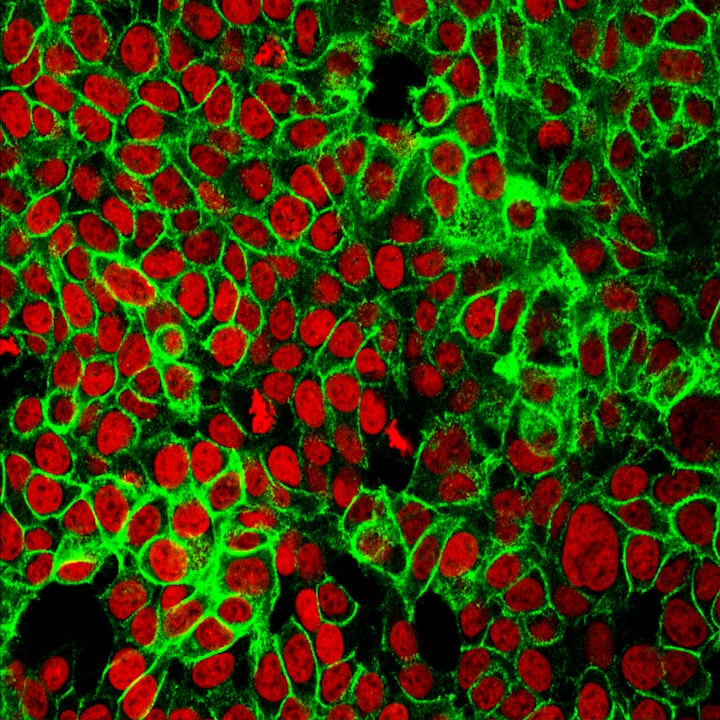Why Do Balloons Make Such a Loud Noise When They Pop?
Discover why balloons make such a loud noise when they pop due to the sudden release of air pressure.

Balloons are more than just party decorations or tools for scientific experiments.
They are also sources of a sudden and surprising explosion of noise.
But why do balloons make such a loud noise when they pop?
Let's delve into the science behind this phenomenon.
Vessel of Compressed Air
Balloons serve as vessels of compressed air.
When the balloon reaches its breaking point, all the trapped air inside is suddenly and forcefully released at once.
This rapid dispersal of the air causes a pressure wave to form, which contributes to the loud noise.
Pressure Wave and Sound Perception
As the air escapes and disperses, it quickly equalizes with the atmospheric pressure, resulting in an abrupt change that creates a wave of varying densities.
When this pressure wave strikes our eardrums, we perceive it as a loud noise.
The rapid change in pressure from high to low creates a shock wave that we interpret as a sharp 'pop'.
Highly Elastic Material
Another crucial factor contributing to the loud noise is the material of the balloon itself.
Balloons are typically made from highly elastic materials, such as latex or rubber.
When the balloon bursts, the sudden release of tension from the stretched material also amplifies the noise, creating a sharp 'snap' or 'bang'.
Implications for Safety
The loud noise from a popping balloon can be discomforting, particularly for individuals with noise sensitivity or young children.
It's important to be mindful of this and take precautions, such as avoiding sudden balloon pops near sensitive individuals or using ear protection when working with large quantities of balloons.
Effect on Animals
The loud noise from a popping balloon can also startle or stress animals, particularly pets and wildlife.
This can have implications for their well-being and safety, emphasizing the need to consider alternative ways of decommissioning balloons to reduce noise-related impact on animals.
Musings
Consider the next time you witness a balloon popping, the science behind the loud noise it generates.
From the rapid dispersal of compressed air to the highly elastic material of the balloon itself, several interesting factors are at play, giving rise to the distinct 'pop' and 'bang' that we associate with a bursting balloon.






